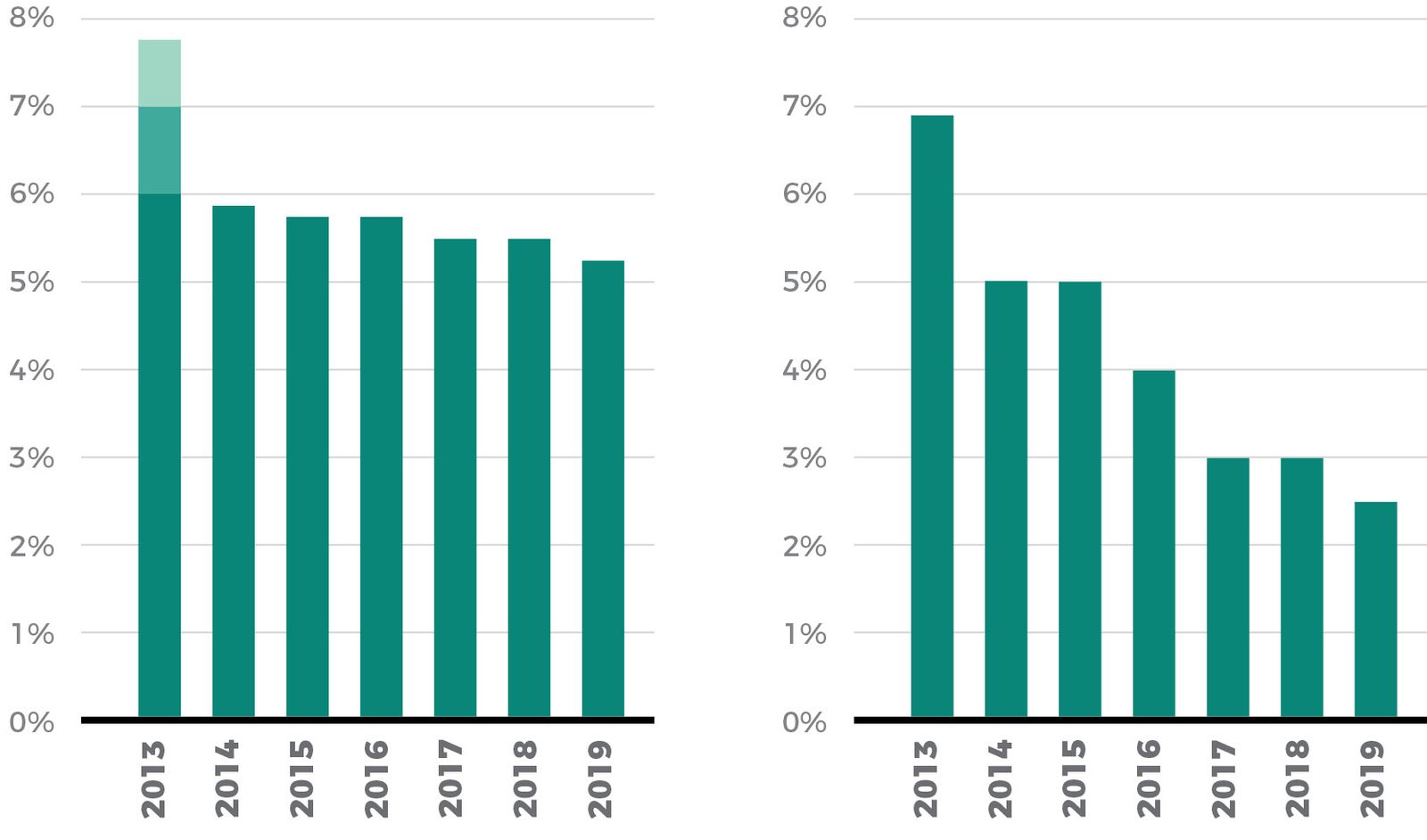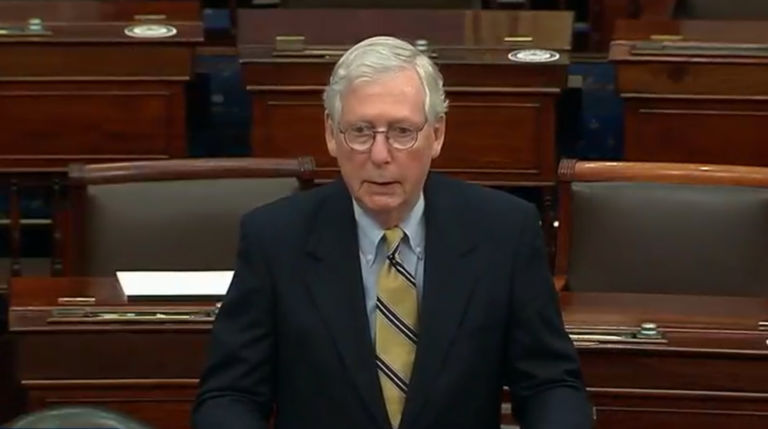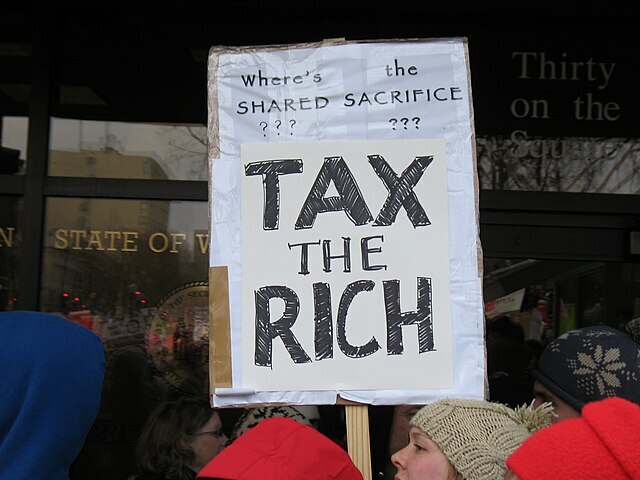COVID-19 has proved a public health crisis for virtually every state, and also a fiscal crisis for those states that spent, spent, spent and failed to engage in sound stewardship of tax dollars leading up to the pandemic. Thanks to the Republican-led General Assembly, North Carolina has avoided the fiscal mess by flattening and lowering tax rates and keeping a tight grip on spending growth.
Writing for the DesMoines Register, John Hendrickson and Jonathan Williams refute the notion that states devastate their finances when they cut taxes and reform the code, as North Carolina has done. The key is to couple tax reforms with spending restraint.
North Carolina is the gold standard for pro-growth tax reform and has demonstrated that keeping spending levels limited while reducing tax burdens on hardworking taxpayers can lead to greater economic growth and the ability for taxpayers to keep more of their income. In the case of North Carolina, the prosperity that followed tax cuts actually led to multiple rounds of pay raises for public school teachers across the state.
What has the Republican-led General Assembly delivered? Here’s a look at the reforms that result in you keeping more of what you earn. As you’re filling out your tax forms, this lower personal income tax rate translates into less of your income being taken by state government (see figure below at left). The corporate income tax rate also was cut in a move to spur job creation and innovation. (see figure below at right).
The 2013 tax reforms replaced a three-rate progressive income tax that ranged from 6 to 7.75 percent, the highest in the region, with a flat-rate tax of 5.8 percent. This rate was subsequently lowered to 5.499 percent and then to 5.25 percent, which took effect in January 2019. The relatively low, flat personal income tax rate has ameliorated the bias against work effort and productivity that plagued the previous progressive rate structure.
With COVID-19 hitting other states’ coffers in a big way, North Carolina’s prudence has paid off. Western Carolina University’s Dr. Ed Lopez explains why to Locke’s Mitch Kokai.
So we’re in good shape — better shape than other states who now want a federal bailout. Now the challenge is to keep up the sound decision-making in our state. Professor Lopez reminds us that focusing on economic freedom is key as policymakers look beyond this pandemic and to a Carolina Rebound.
So far, so good. Let’s keep it that way.



